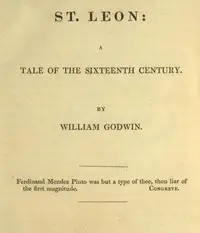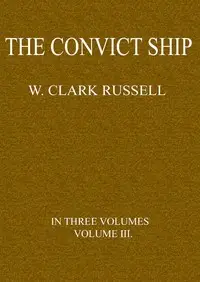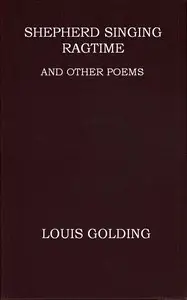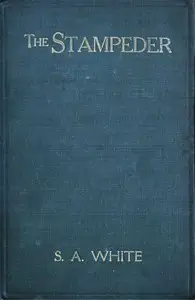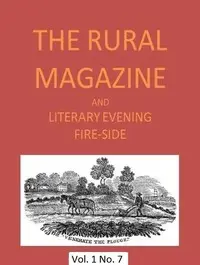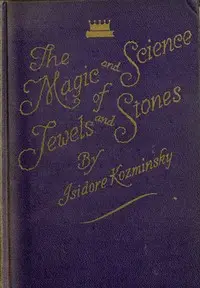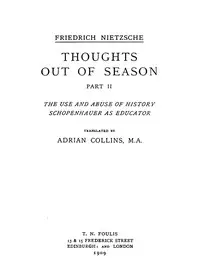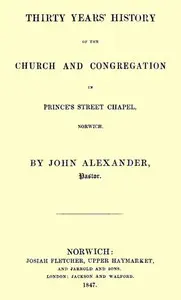"Thoughts on Man, His Nature, Productions and Discoveries" by William Godwin is a philosophical treatise written during the early 19th century. In this work, Godwin explores the intricacies of human nature, intellect, and creativity, reflecting on man's capabilities as a thinking and social being. The book is structured as a series of essays, and Godwin's purpose appears to be to present a synthesis of his meditative musings over thirty-four years, aimed at readers who are interested in delving deeper into intellectual and moral truths about humanity. The opening portion presents a preface where Godwin establishes his intent and philosophy. He expresses a commitment to addressing readers in clear language rather than obscuring his ideas with complex terminology. He emphasizes the nobility of mankind, arguing against the disdain that some harbor for the species. Godwin discusses the physical and mental attributes that define humanity, highlighting how the mind's capabilities far surpass the body's. This portion sets the stage for the subsequent essays, which will further examine themes like the distribution of talent and the nature of human achievement. Overall, the beginning of the book provides insights into Godwin's views on human dignity and potential, inviting readers to consider the complexities of their existence and contributions to society. (This is an automatically generated summary.)

Thoughts on Man, His Nature, Productions and Discoveries Interspersed with Some Particulars Respecting the Author
By William Godwin
"Thoughts on Man, His Nature, Productions and Discoveries" by William Godwin is a philosophical treatise written during the early 19th century. In thi...
William Godwin was an English journalist, political philosopher and novelist. He is considered one of the first exponents of utilitarianism and the first modern proponent of anarchism. Godwin is most famous for two books that he published within the space of a year: An Enquiry Concerning Political Justice, an attack on political institutions, and Things as They Are; or, The Adventures of Caleb Williams, an early mystery novel which attacks aristocratic privilege. Based on the success of both, Godwin featured prominently in the radical circles of London in the 1790s. He wrote prolifically in the genres of novels, history and demography throughout his life.




